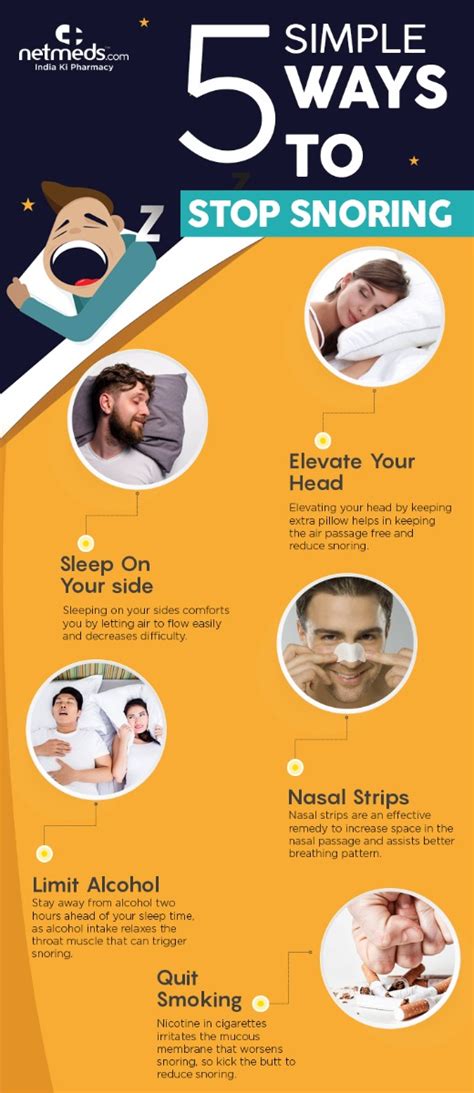How to Stop Snoring: A Comprehensive Guide to a Quieter Night
Snoring. That rasping, rumbling sound that can disrupt your sleep and annoy your partner. It's a common problem, affecting millions, but it doesn't have to be a permanent fixture in your life. This comprehensive guide explores various techniques and lifestyle changes to help you conquer snoring and enjoy peaceful nights.
Understanding the Root Causes of Snoring
Before diving into solutions, it's crucial to understand why you snore. Snoring occurs when the soft tissues in your throat vibrate as you breathe during sleep. Several factors contribute to this vibration:
- Obstructed Airflow: The most common cause. Narrowing of the airway, often due to relaxed muscles in the throat, restricts airflow, leading to vibrations and snoring.
- Weight: Excess weight, particularly around the neck, can compress the airway, making snoring more likely.
- Alcohol and Sedatives: These relax the muscles in your throat, exacerbating airway narrowing.
- Sleep Position: Sleeping on your back allows your tongue and soft palate to fall back, obstructing airflow.
- Nasal Congestion: A stuffy nose forces you to breathe through your mouth, increasing the chances of snoring.
- Underlying Medical Conditions: Conditions like sleep apnea, nasal polyps, and deviated septum can contribute to snoring.
Effective Strategies to Reduce or Eliminate Snoring
Now that we understand the causes, let's explore practical solutions:
Lifestyle Changes:
- Lose Weight: Even a modest weight loss can significantly improve snoring. Focus on a healthy diet and regular exercise.
- Limit Alcohol and Sedatives: Avoid consuming these before bed, as they relax throat muscles.
- Quit Smoking: Smoking irritates and inflames the airways, worsening snoring.
- Elevate Your Head: Using extra pillows or a wedge pillow can help keep your airways open.
Sleep Position Adjustments:
- Side Sleeping: This is often the most effective way to prevent snoring. Consider using a body pillow to help you stay on your side.
- Anti-Snore Devices: These devices, such as chin straps or nasal strips, can help keep your airways open. Note: Consult a doctor before using any medical device.
Medical Interventions:
- Consult a Doctor: If snoring is severe or accompanied by other symptoms like daytime sleepiness or gasping for air, it's crucial to seek medical advice. Your doctor might recommend further tests to rule out sleep apnea or other conditions. They may suggest a CPAP machine or other medical treatments.
- Surgery: In some cases, surgery might be an option to correct structural issues in the throat or nose. This should only be considered after exploring other options.
Maintaining a Snore-Free Lifestyle
Successfully reducing snoring often requires a multi-faceted approach. Consistency is key. Maintain healthy habits, monitor your sleep position, and don't hesitate to seek professional help if needed. By addressing the underlying causes and implementing these strategies, you can significantly improve your sleep quality and enjoy quieter, more restful nights. Remember, a good night's sleep is essential for overall health and well-being.
